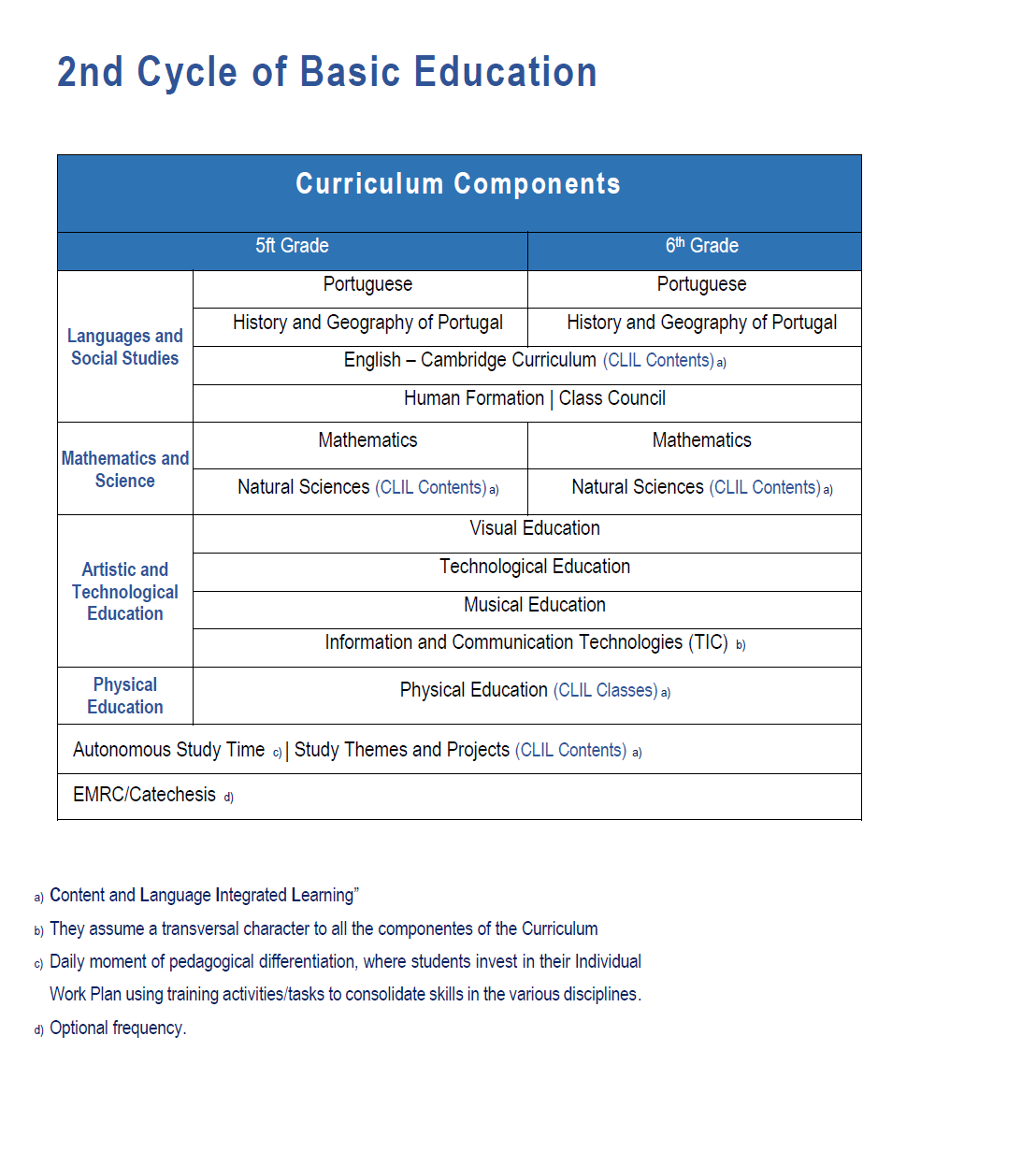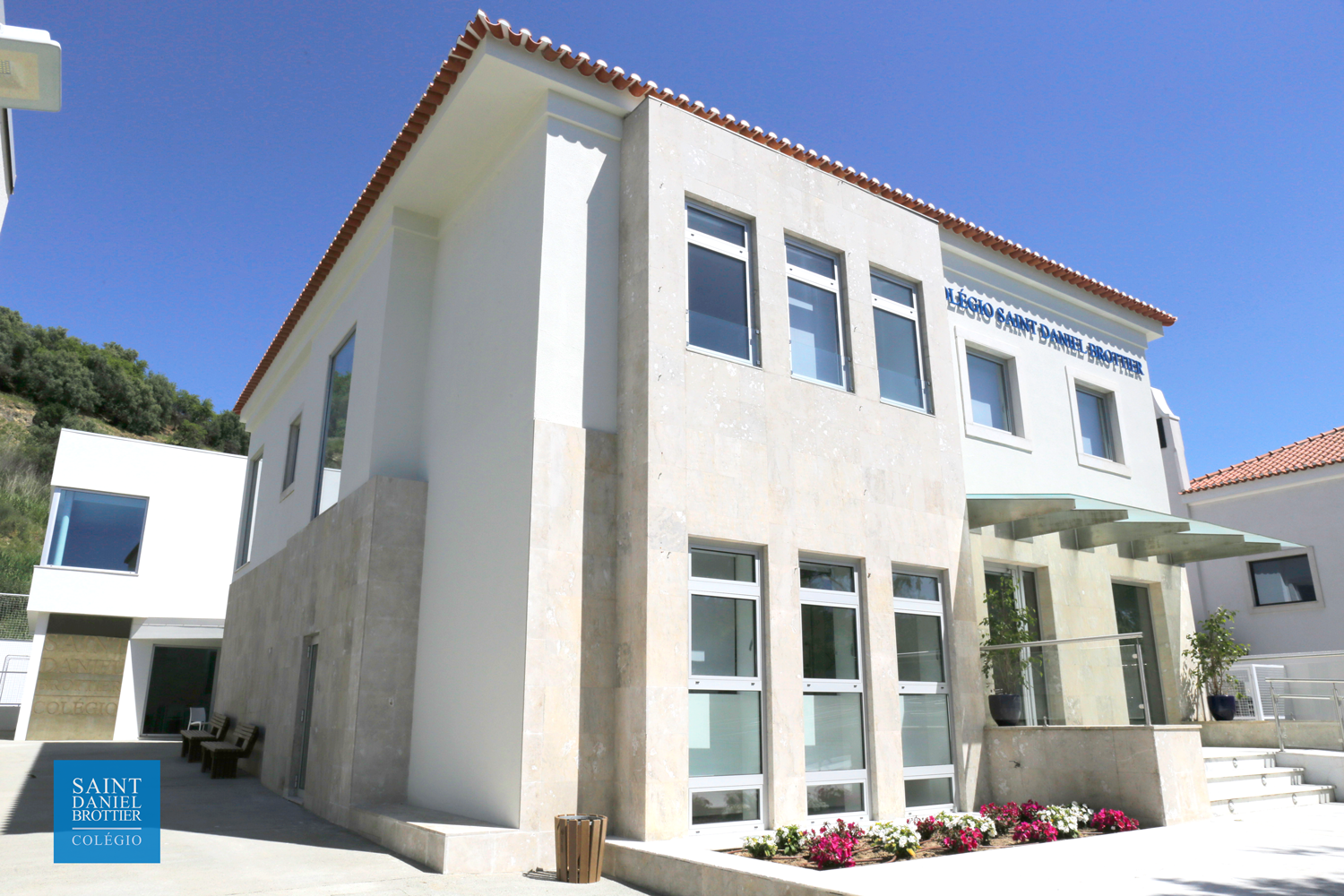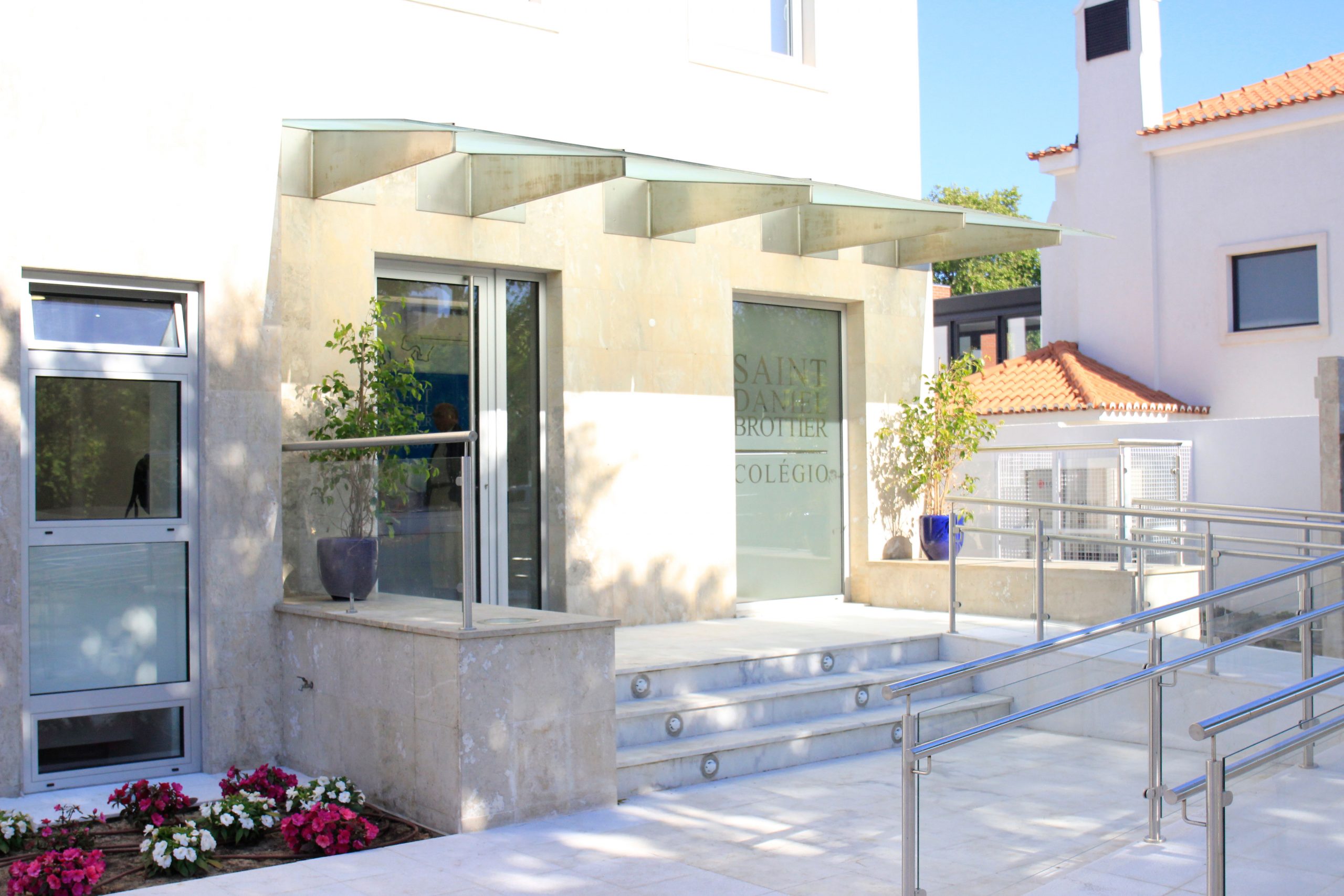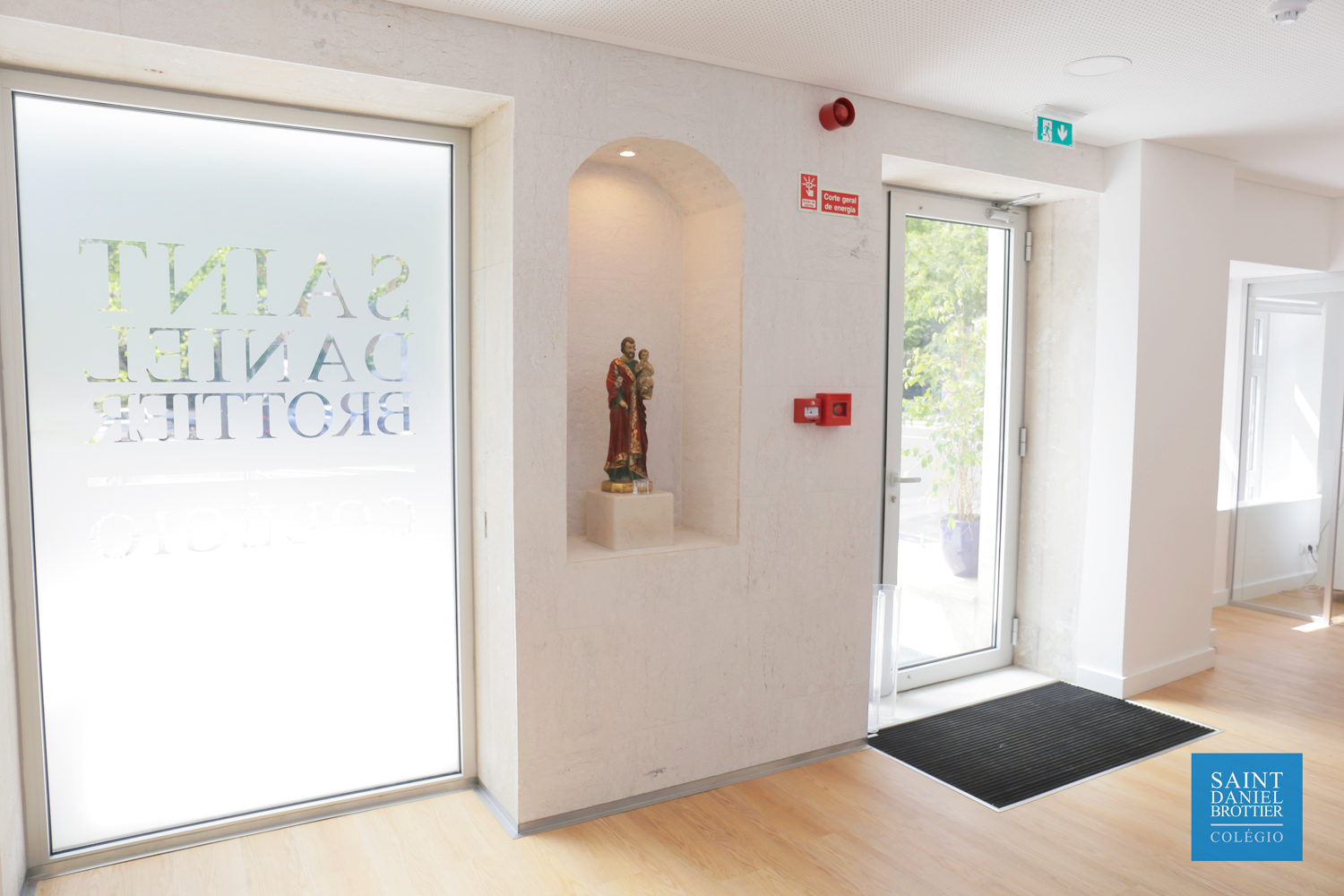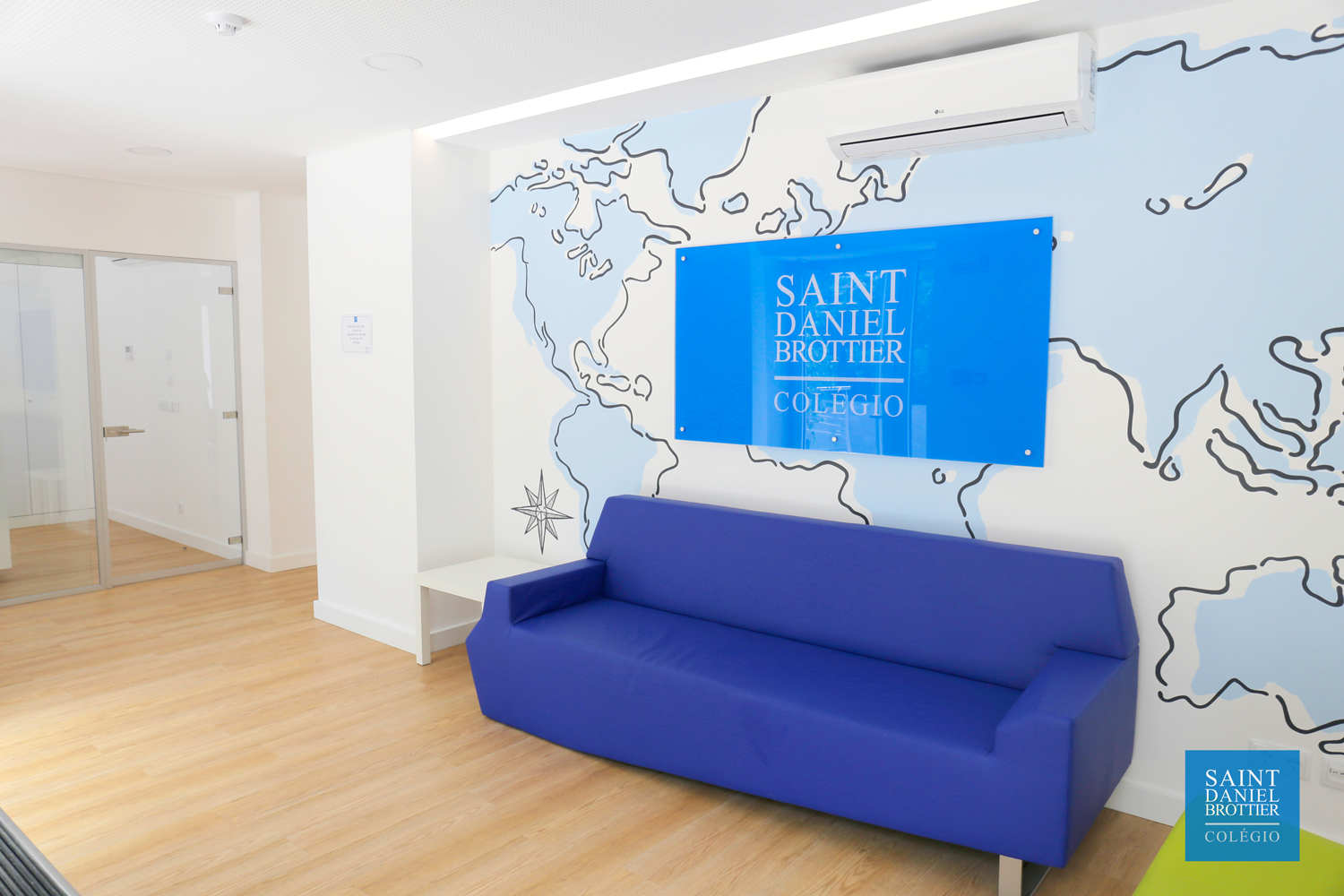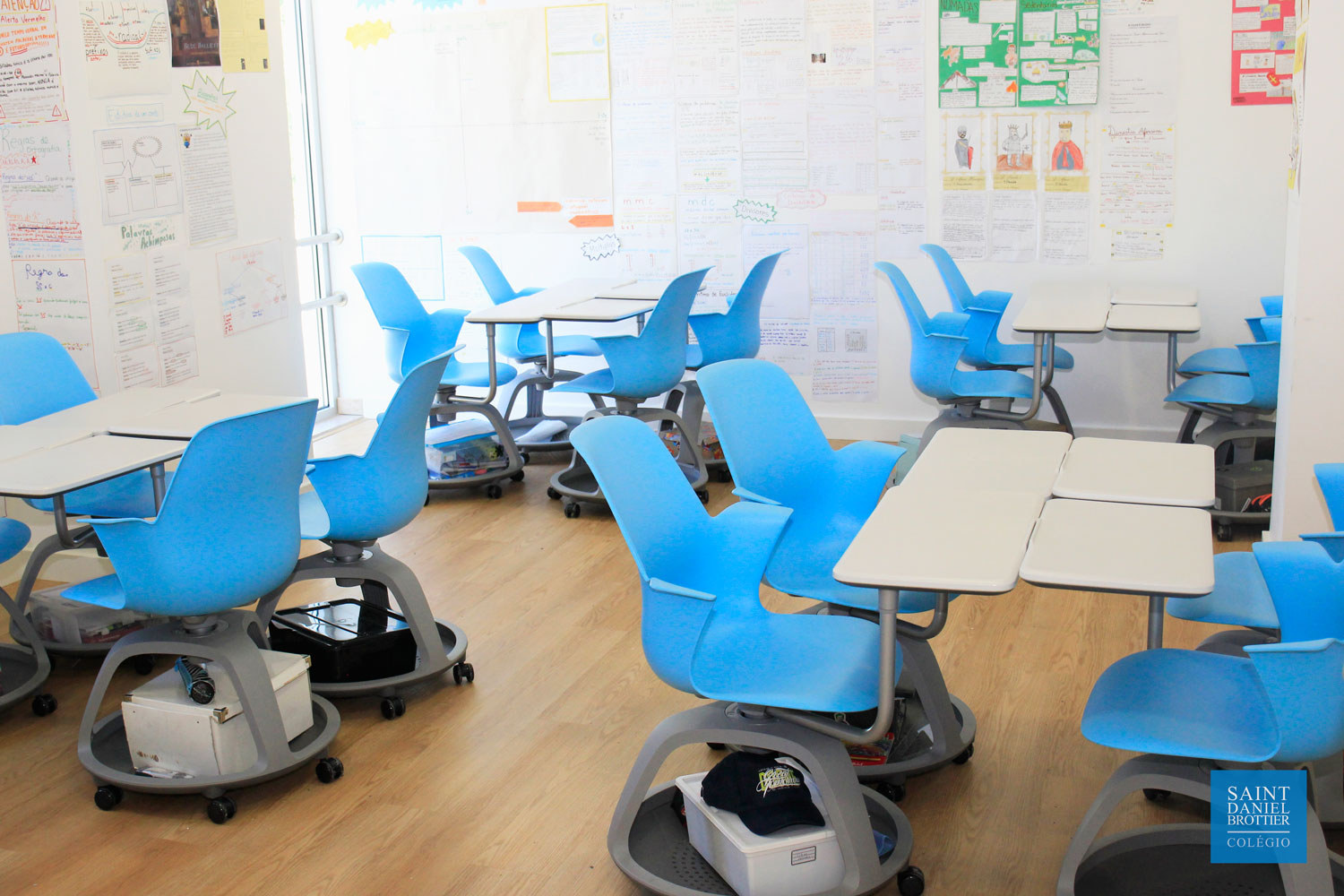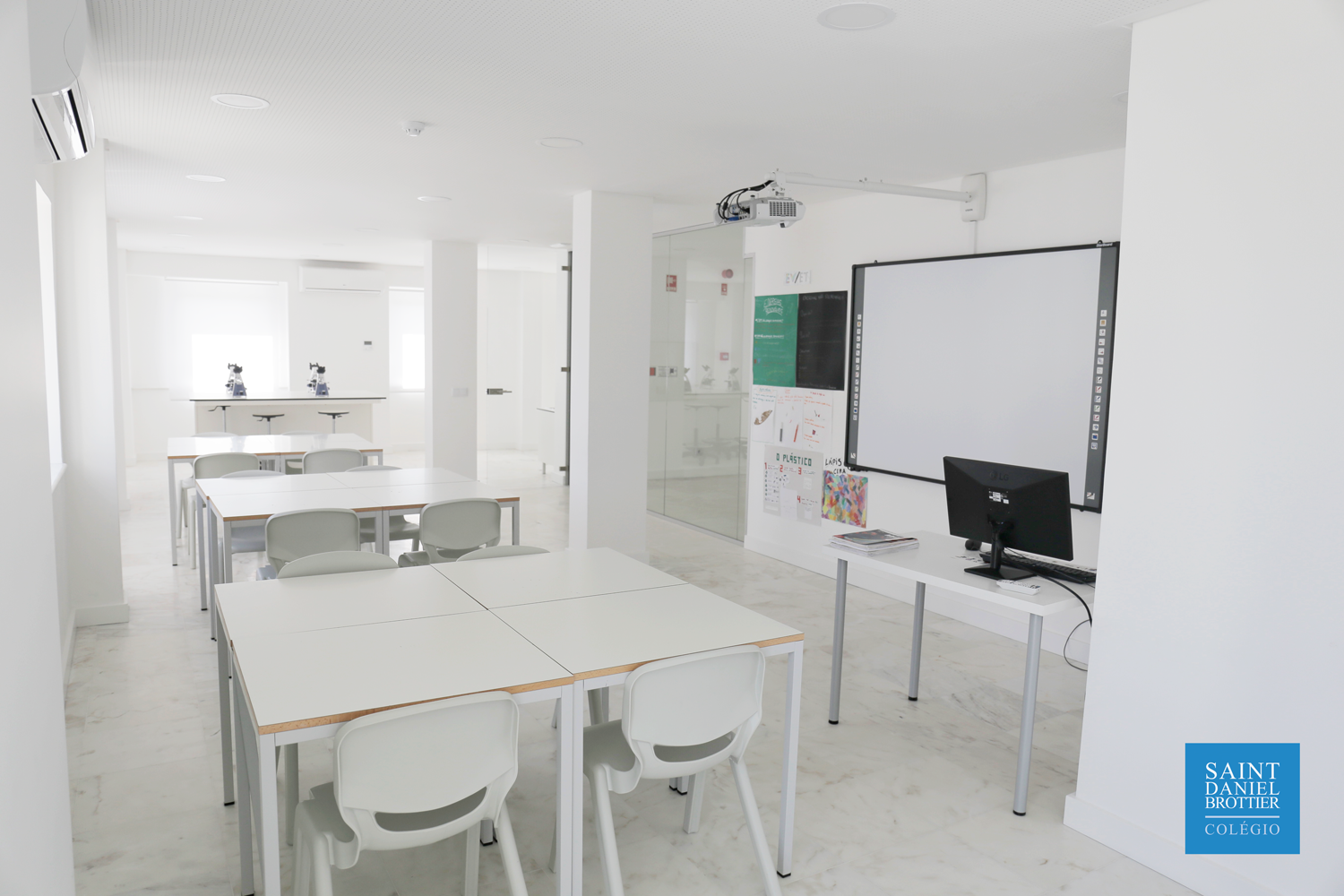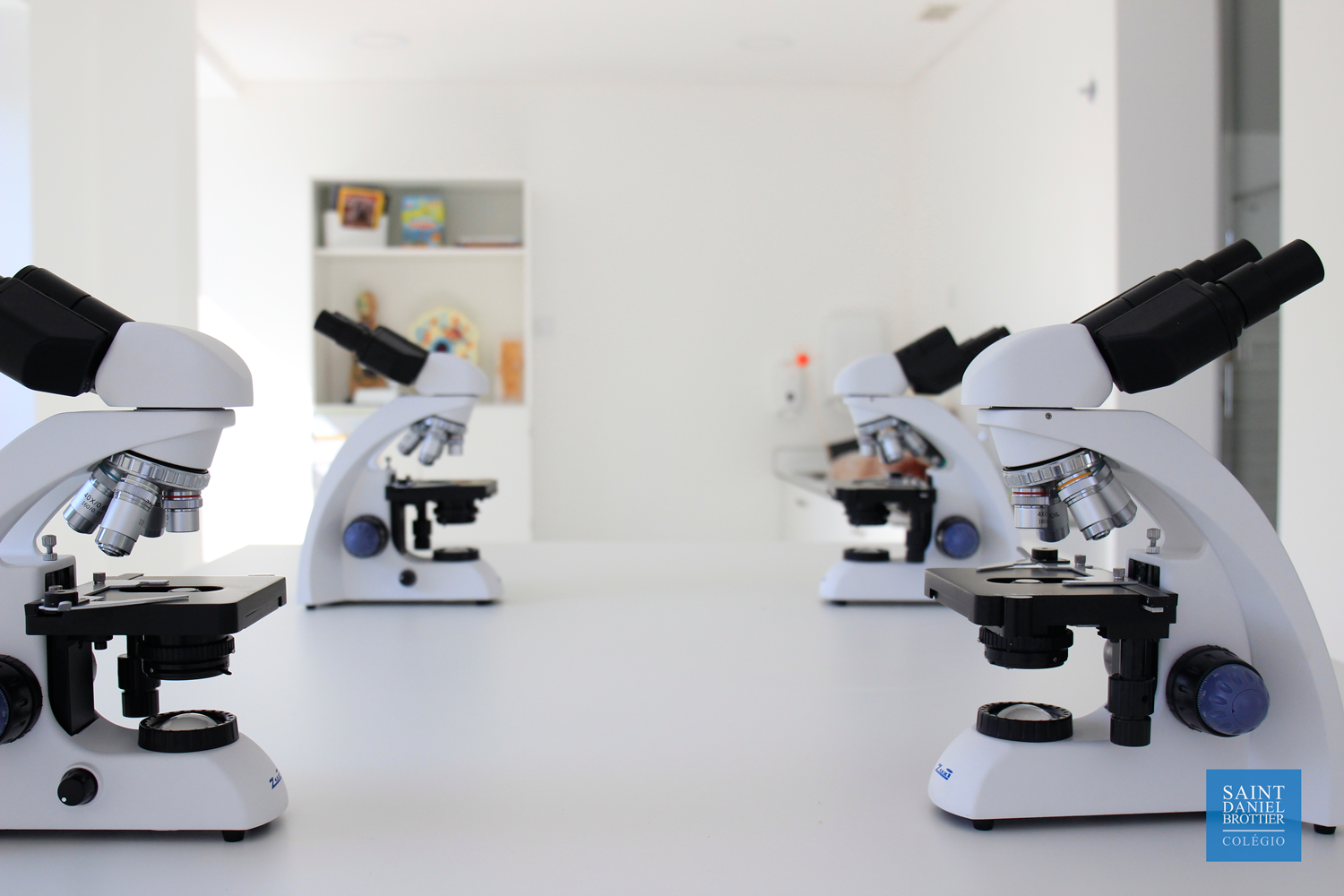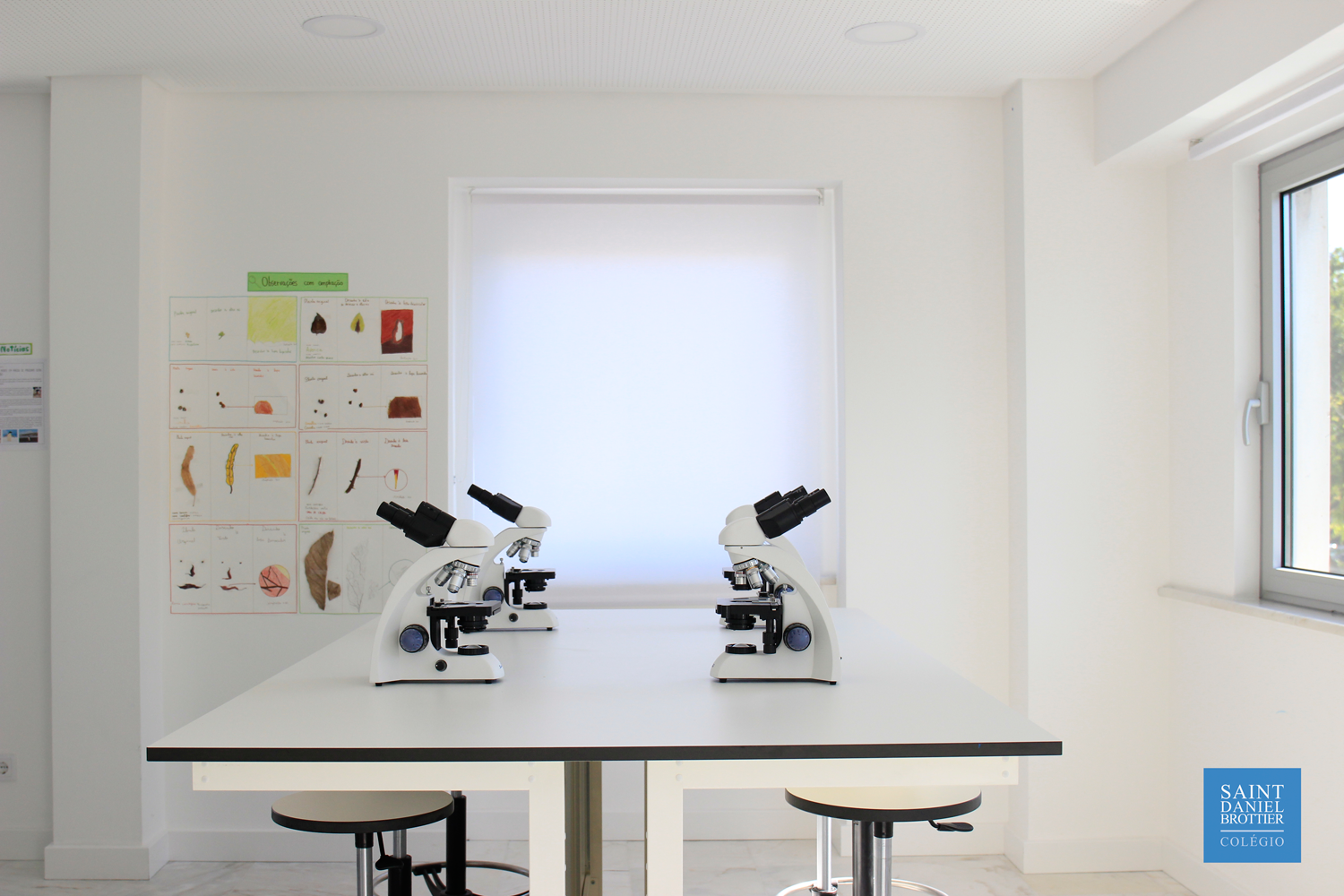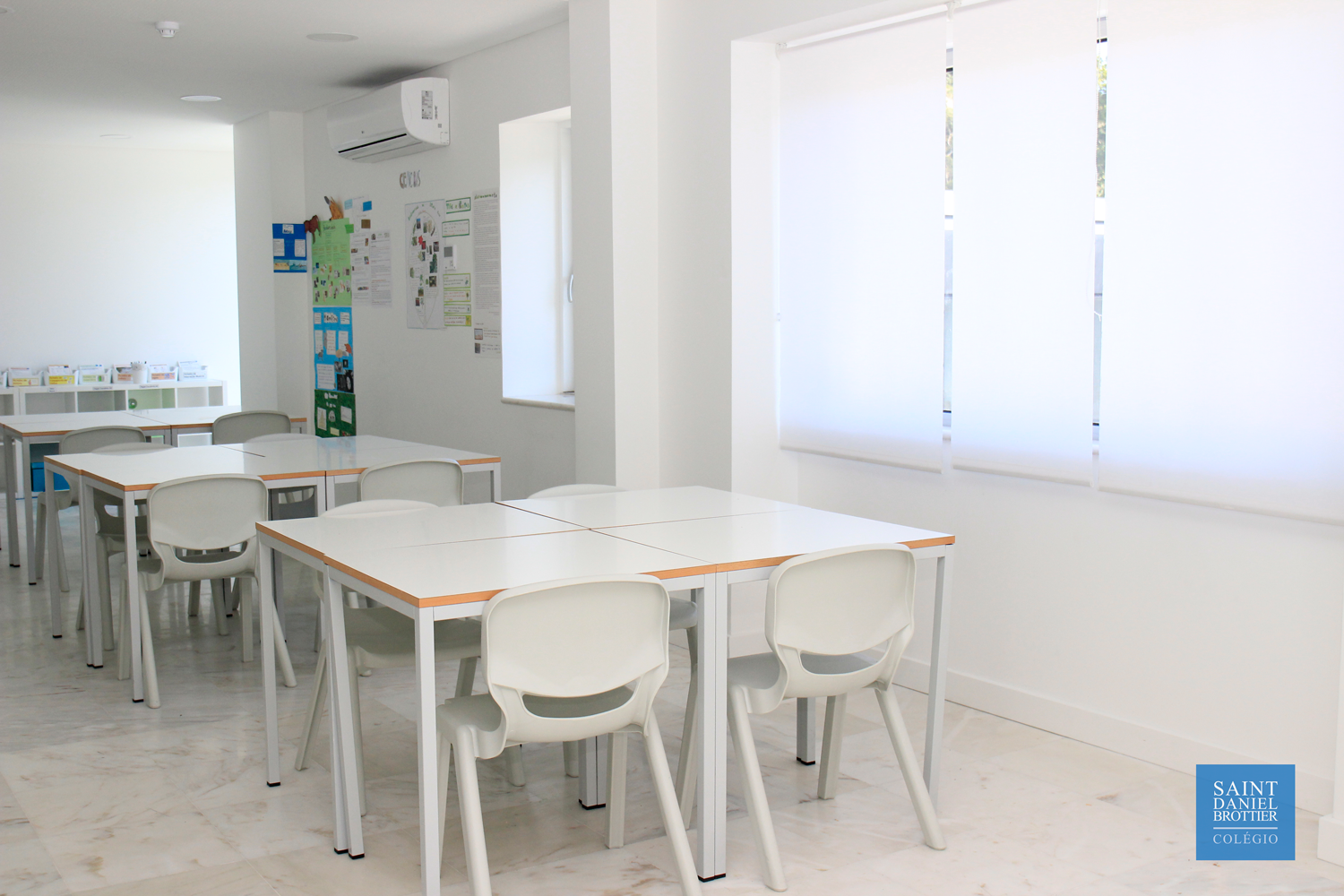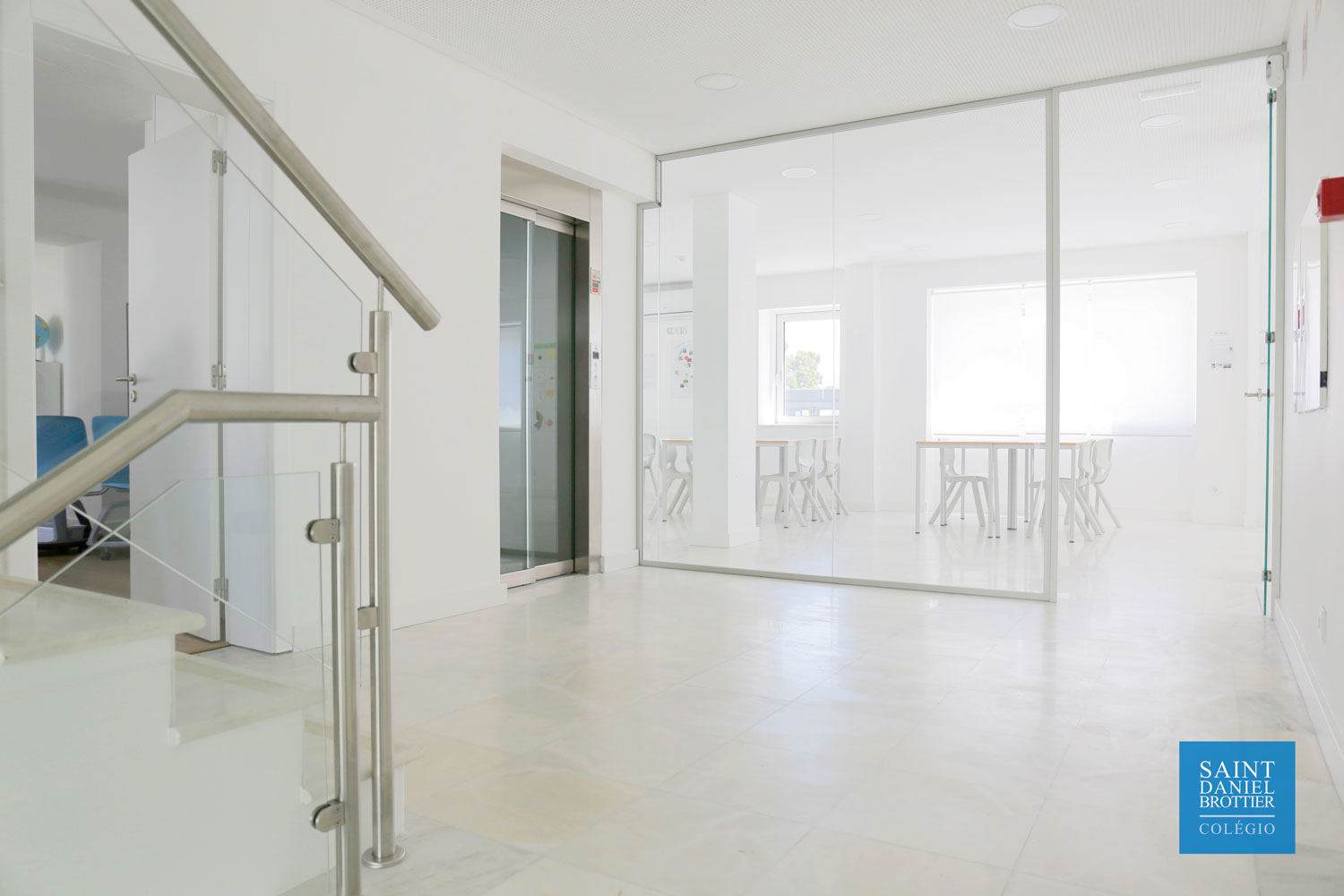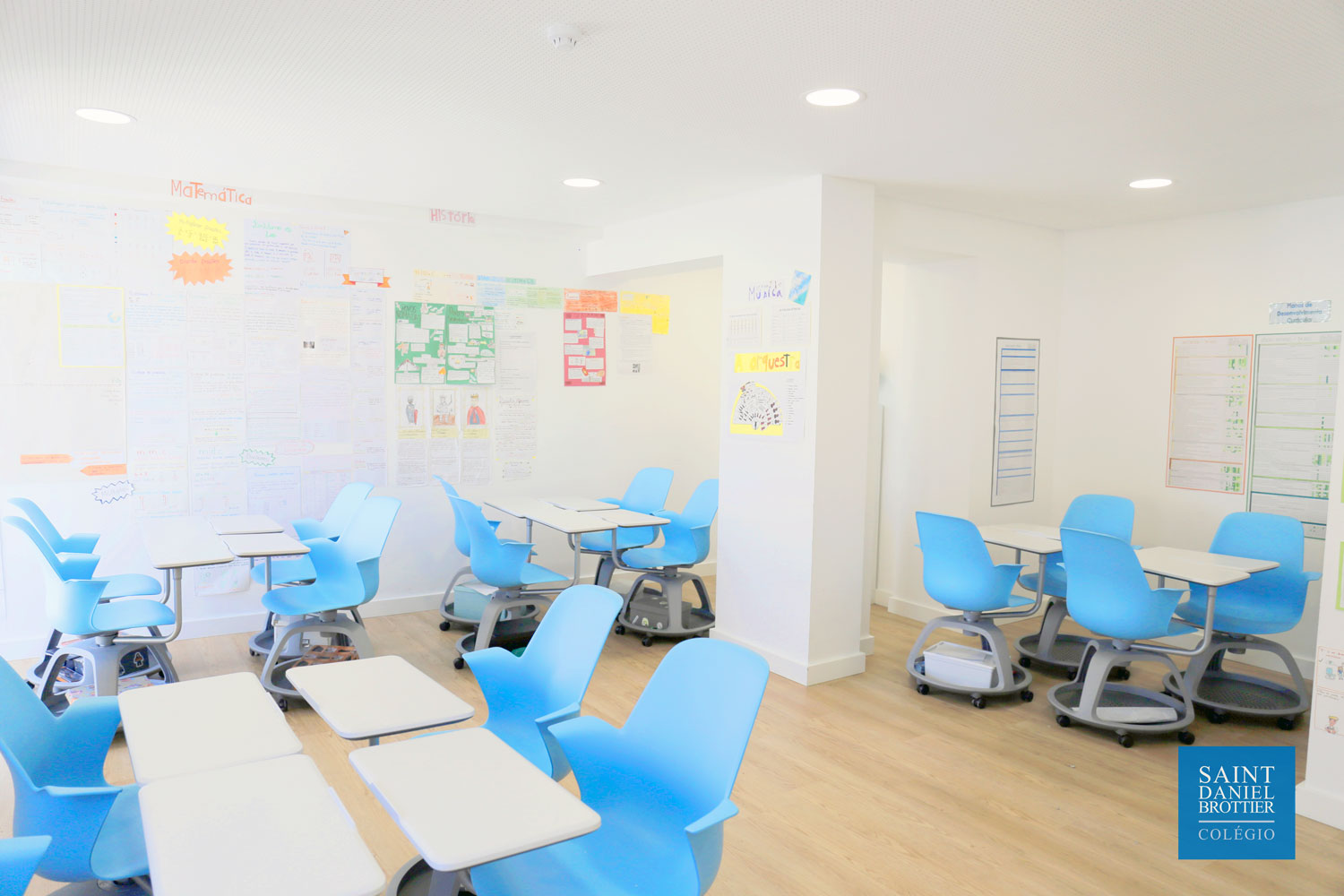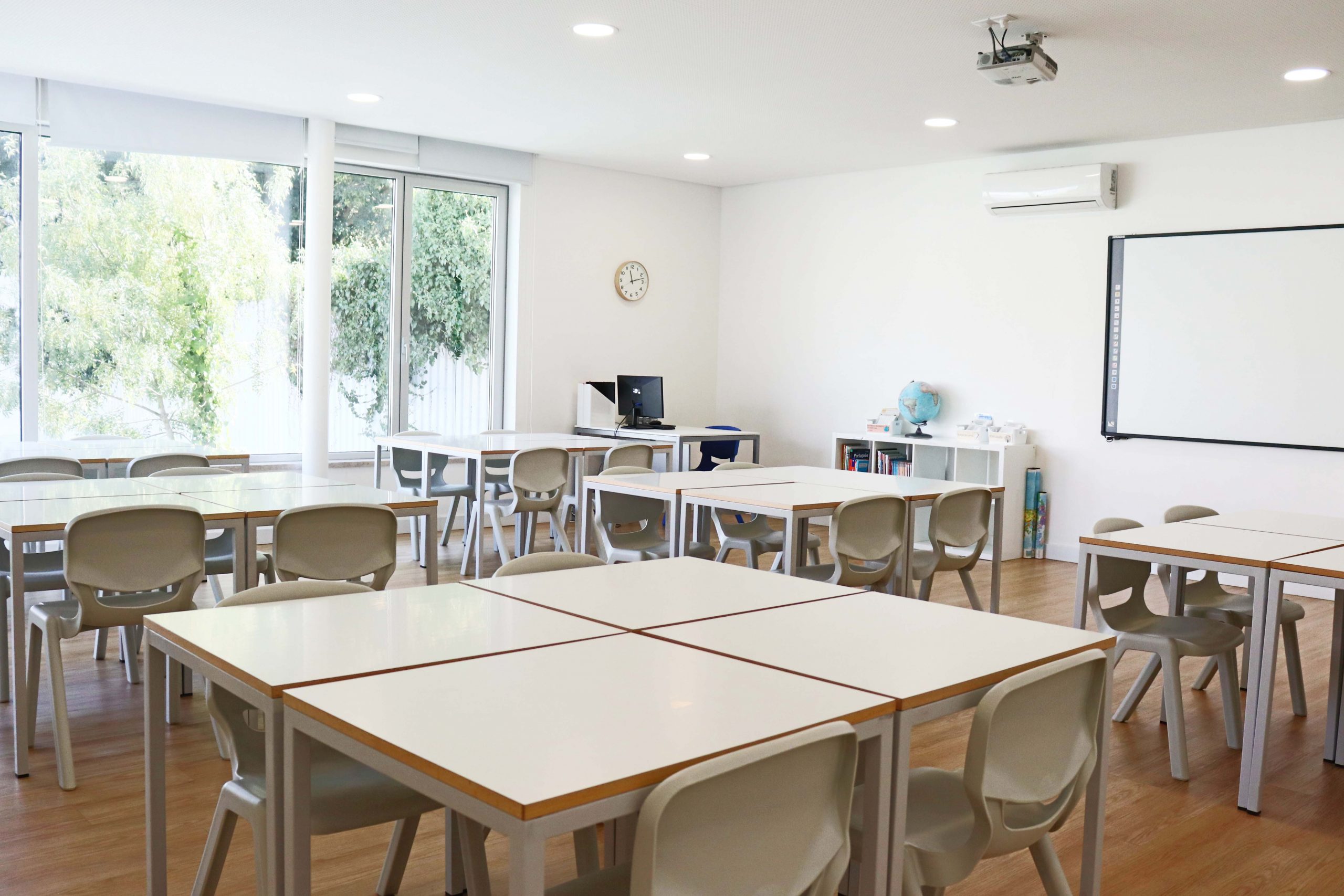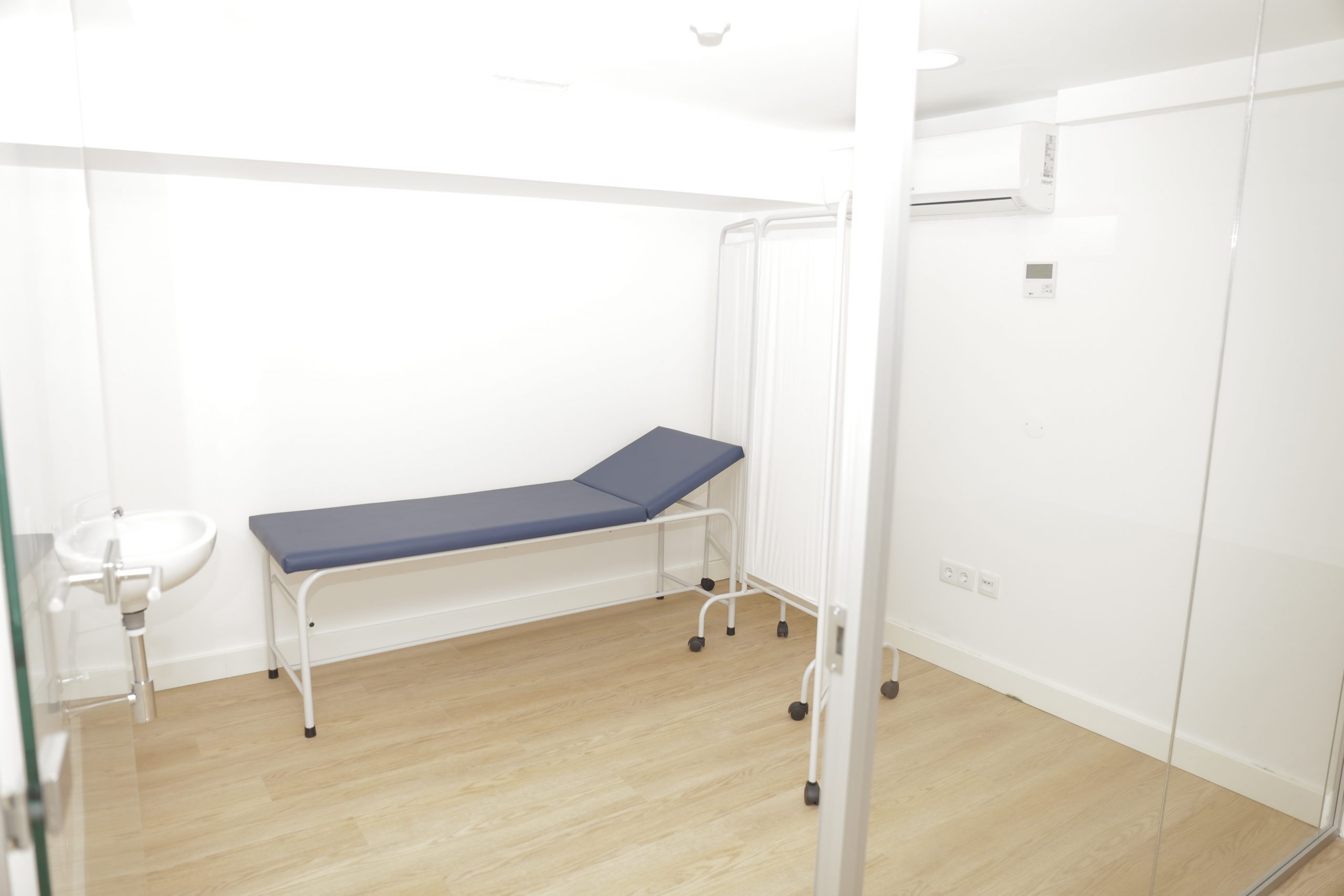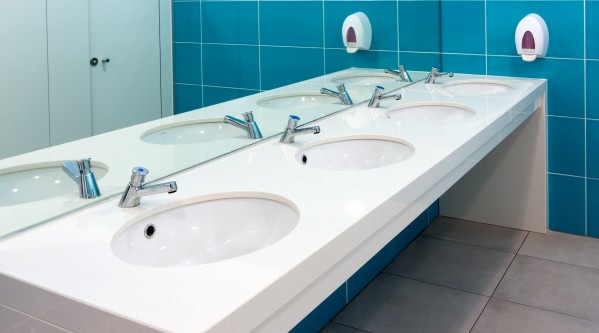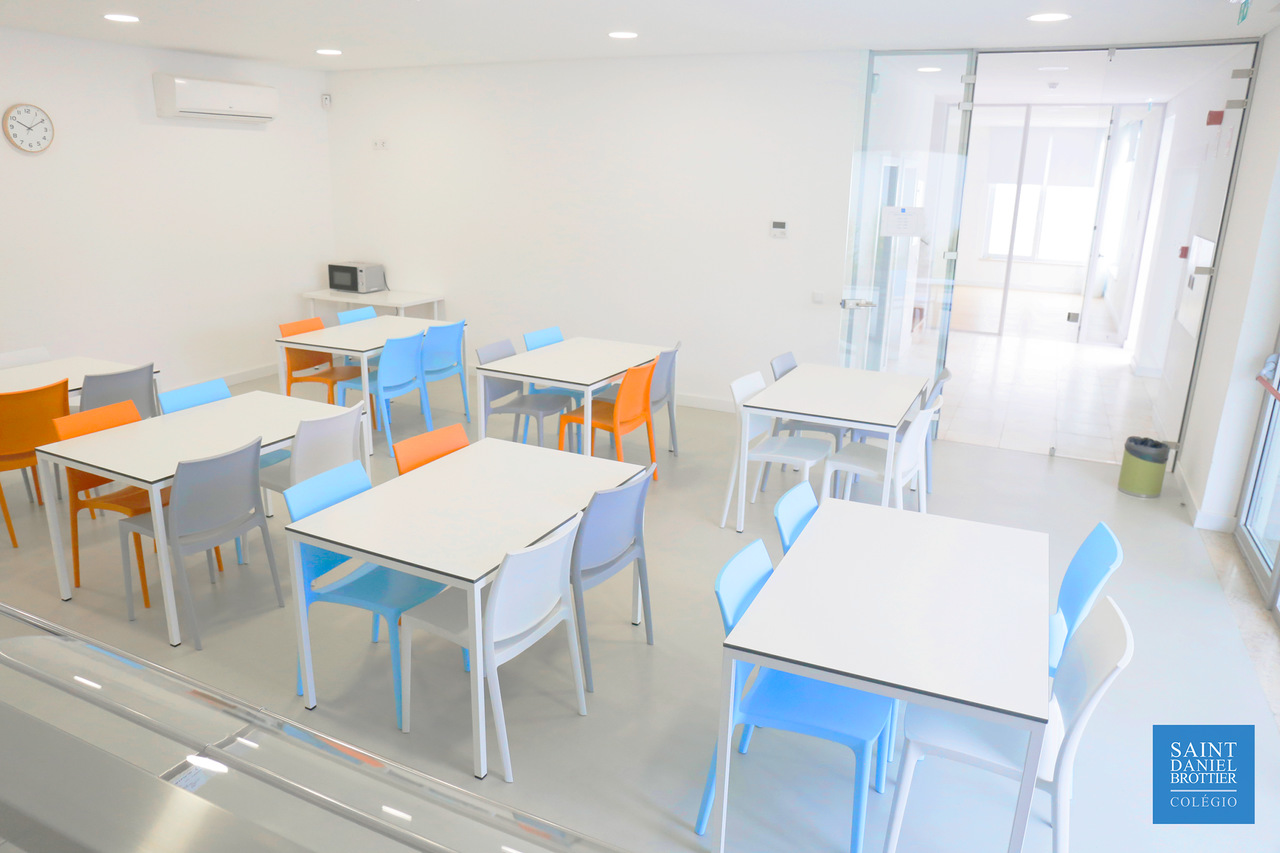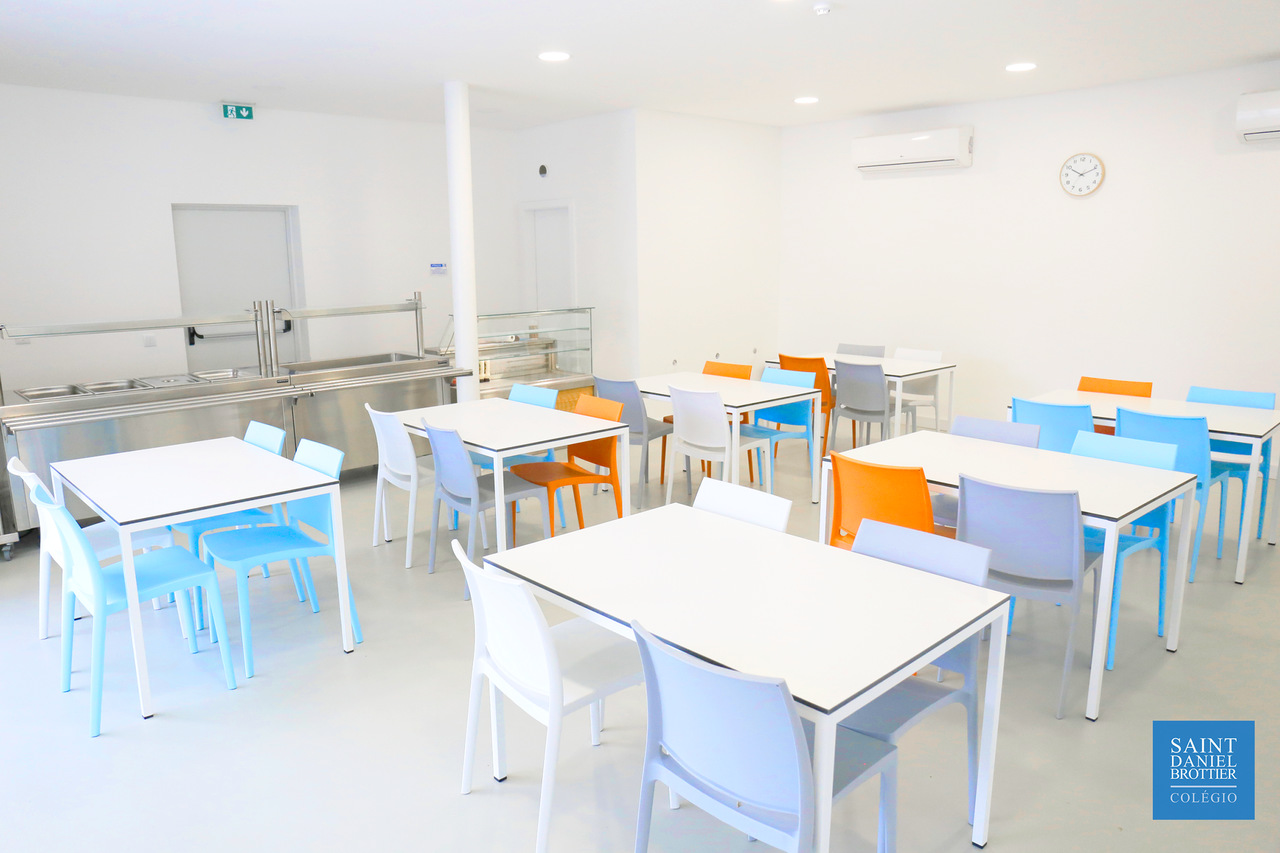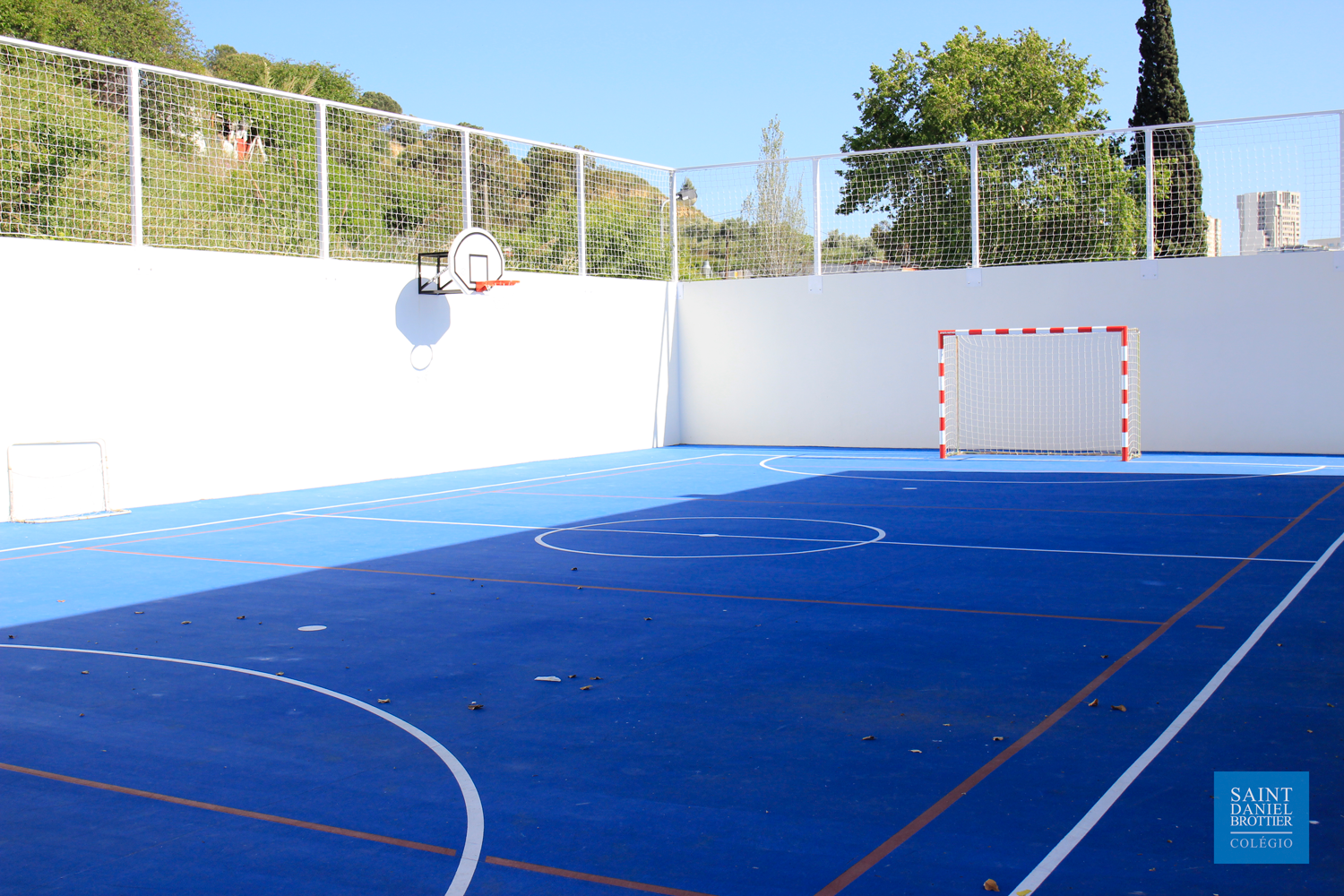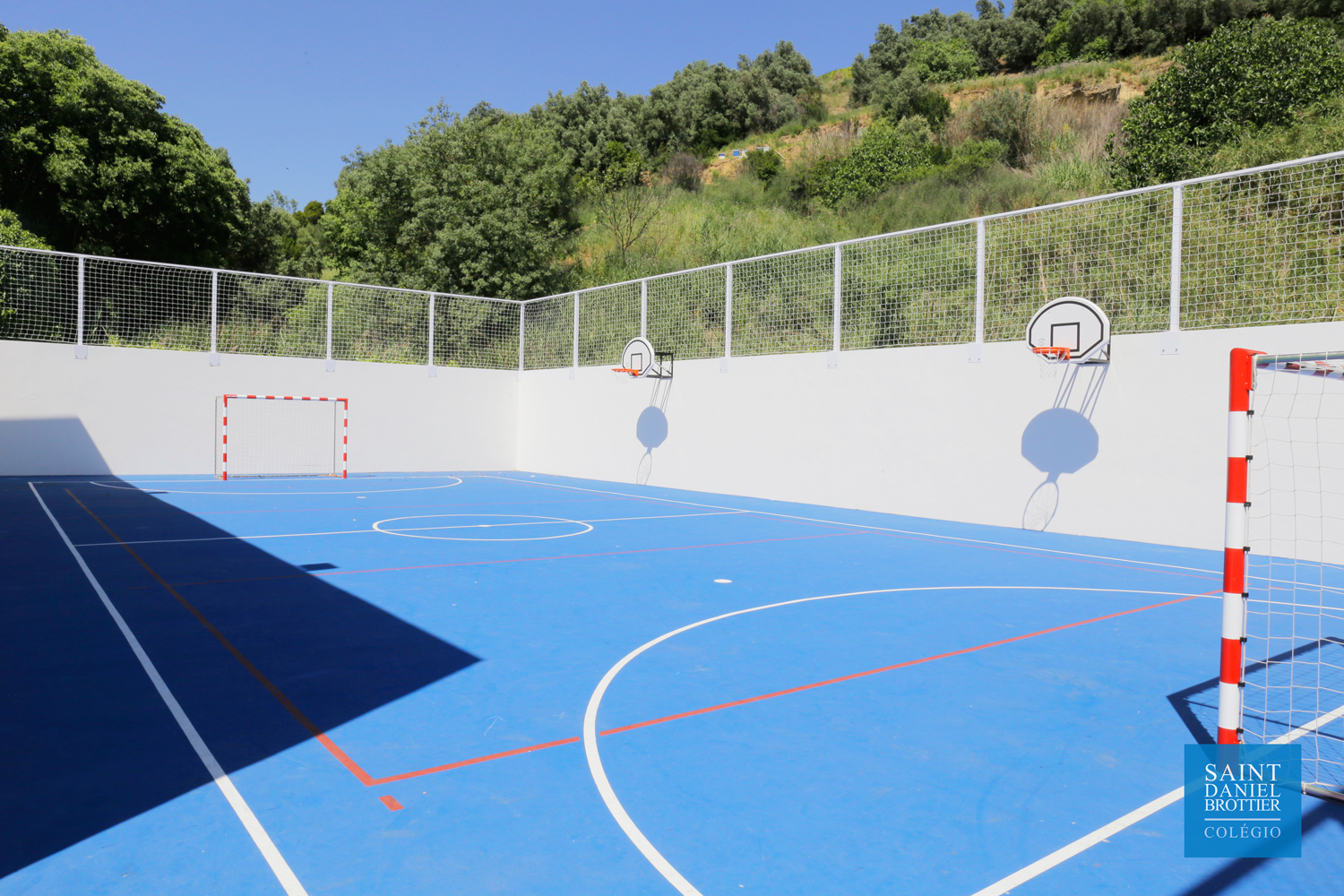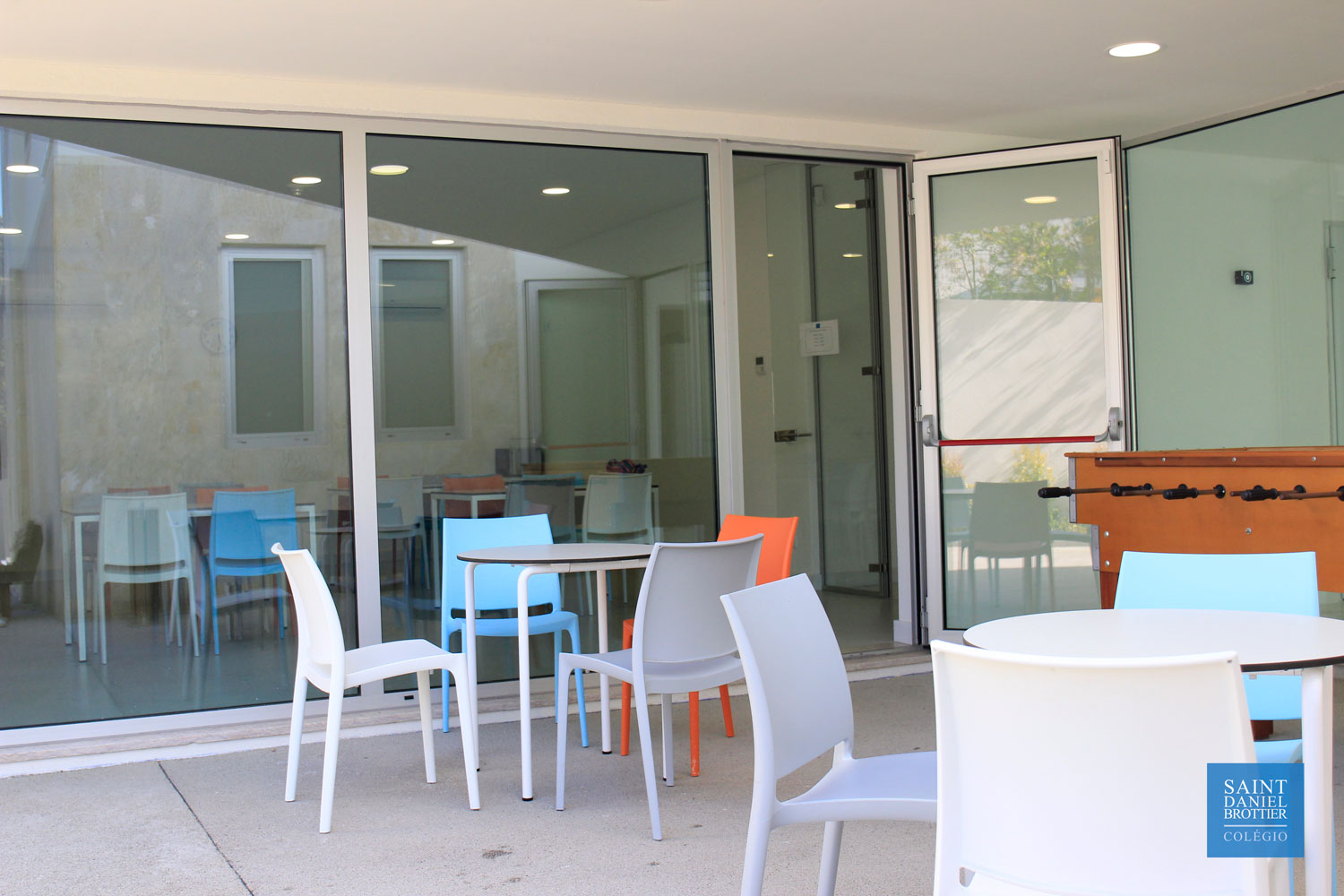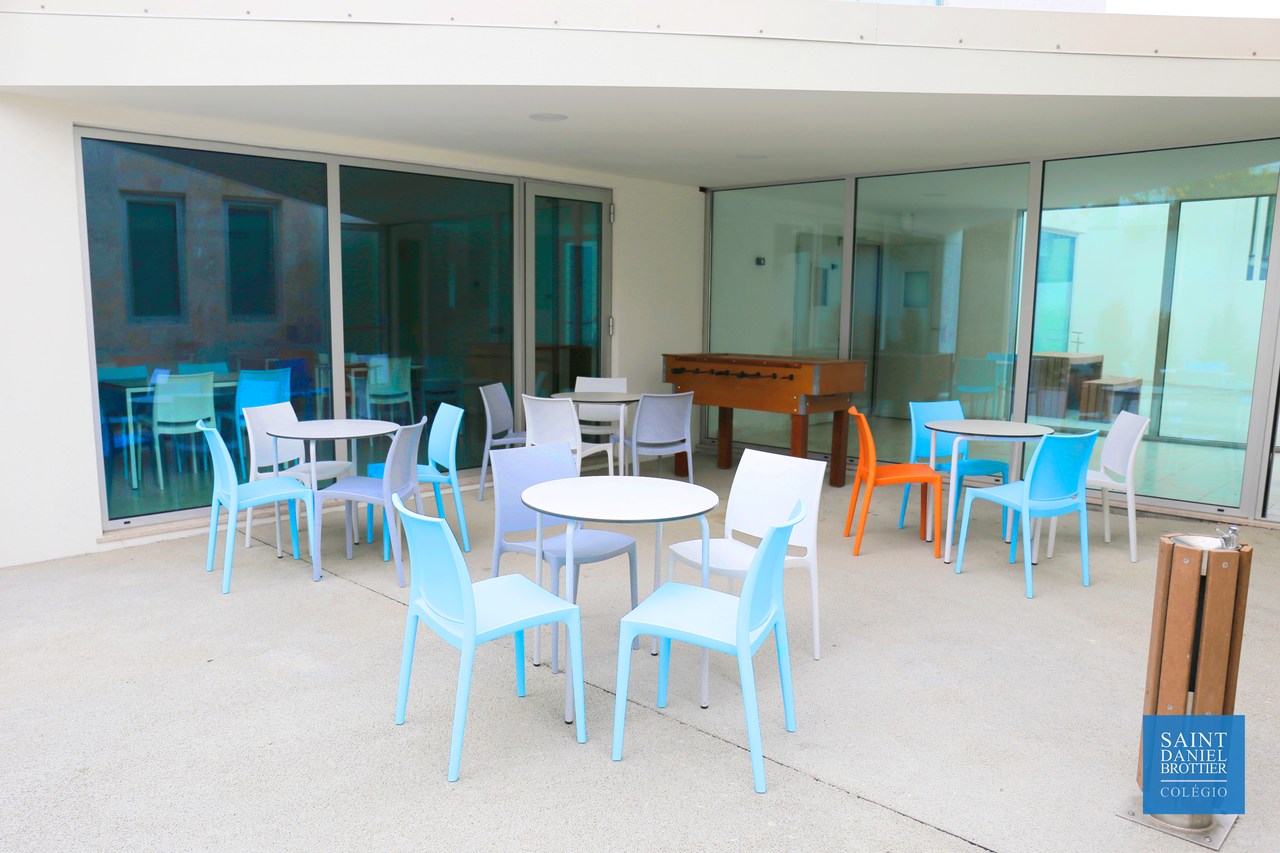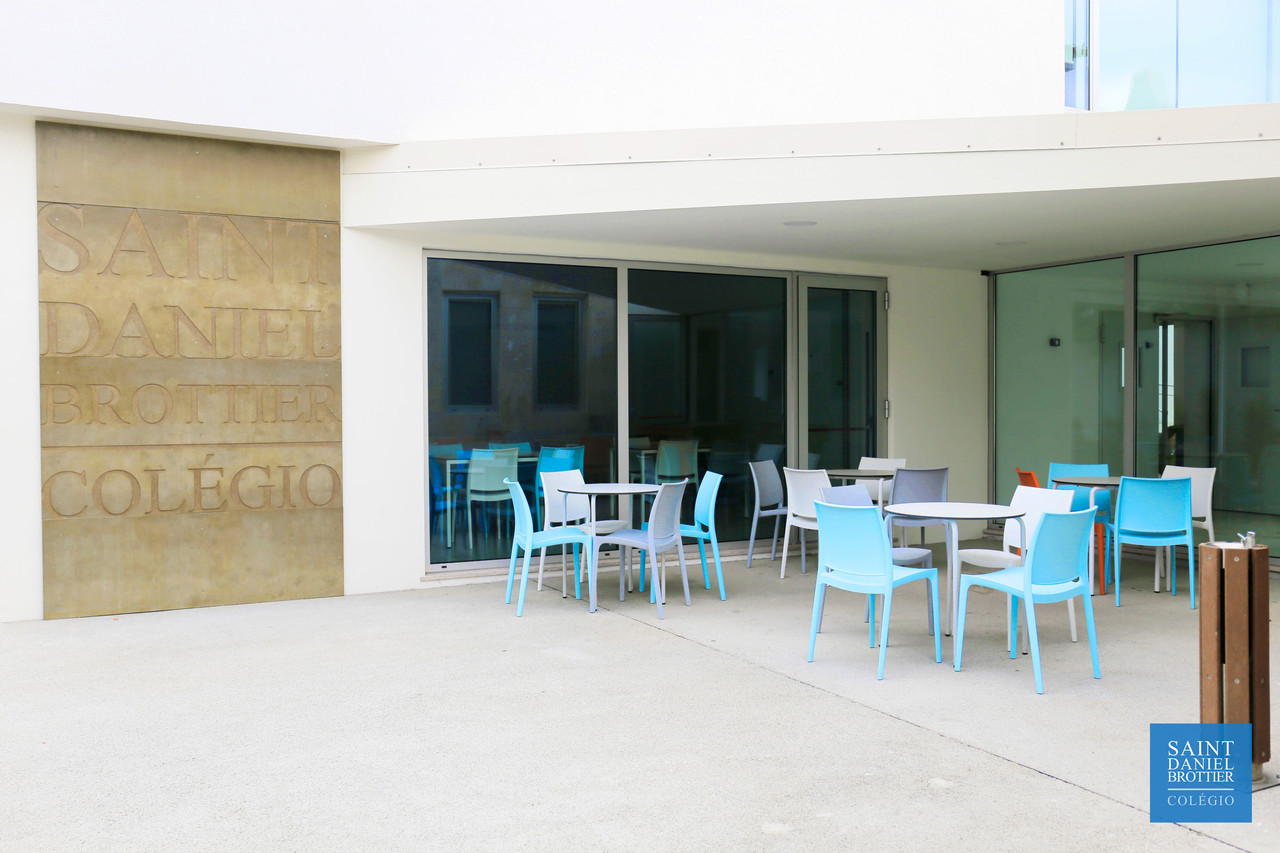2nd Cycle
The CSDB presents an educational offer for the 2nd cycle based on the principles of the socio-constructive pedagogical model, of the Modern School Movement, with the internationalization of the curriculum, through a CLIL pedagogical approach, of integrated learning of some curricular contents in
English, thus giving an answer to the students of the XXI century.
In a current world that increasingly requires an education that prepares children and young people to live and work in multilingual societies and spaces, the educational project for the 2nd cycle integrates the national curriculum with the English language, through the CLIL approach, enhanced by the practice of collaborative work, and by pedagogical differentiation, attributes of the Modern School Movement model, and followed by the CSDB.
The teaching-learning process in the 2nd cycle in based on the following principles:
The teaching-learning process is centered on the person of the Student ando n the social interaction in the class: in this social interaction, knowledge is shared and learning is motivated;
Pedagogical differentiation: the educational actions focuses on the differentiated work of the students and noto n the simultaneaous teaching by the teacher;
Daily autonomous study time: the student is accompanied individually by each teacher to overcome difficulties and promote potential in their learning path;
Cooperative structures in multilevel learning groups: students are organized into groups and accompanied by two teachers who organize and manage the learning environment;
Interdisciplinarity: the disciplinary contents are operationalized in na interconnected way, based on the project work methodology and autonomous study time;
Curricular learning through cooperative projects: cooperative study work, artistic production, scientific or social research for the development of curricular learning;
Contextualization of learning: adequacy of contentes to the daily reality of the student and the class, leading to meaningful learning;
Student autonomy and responsibility: the student is a conscious manager of his/her learning process;
Organization and shared management of learning: joint weekly moments of the class reserved for planning, assessment and analysis of learning, as well as for the promotion of socio-moral development;
Communication of Learning: student’s knowledge and leaning are shared and disseminated by others;
Final summative evaluation supported by the descriptive assessment: this assessment, in a formative aspect, which serves as the basis for the final assessment;
Curriculum integrated with the English language: through the CLIL approach the discipline of Physical Education, certain contents of Natural Sciences and some interdisciplinary Projects will be taught in English, by teachers who have knowledge and mastery of the language, and with the technical-pedagogical support of the English teacher of the College;
Certification of apprenticeships according to the University of Cambridge system: and interconnection with CLIL learning, with the aim of preparing students for life and for a job market that is increasingly dispersed, demanding and global.
Curricular Guidelines
